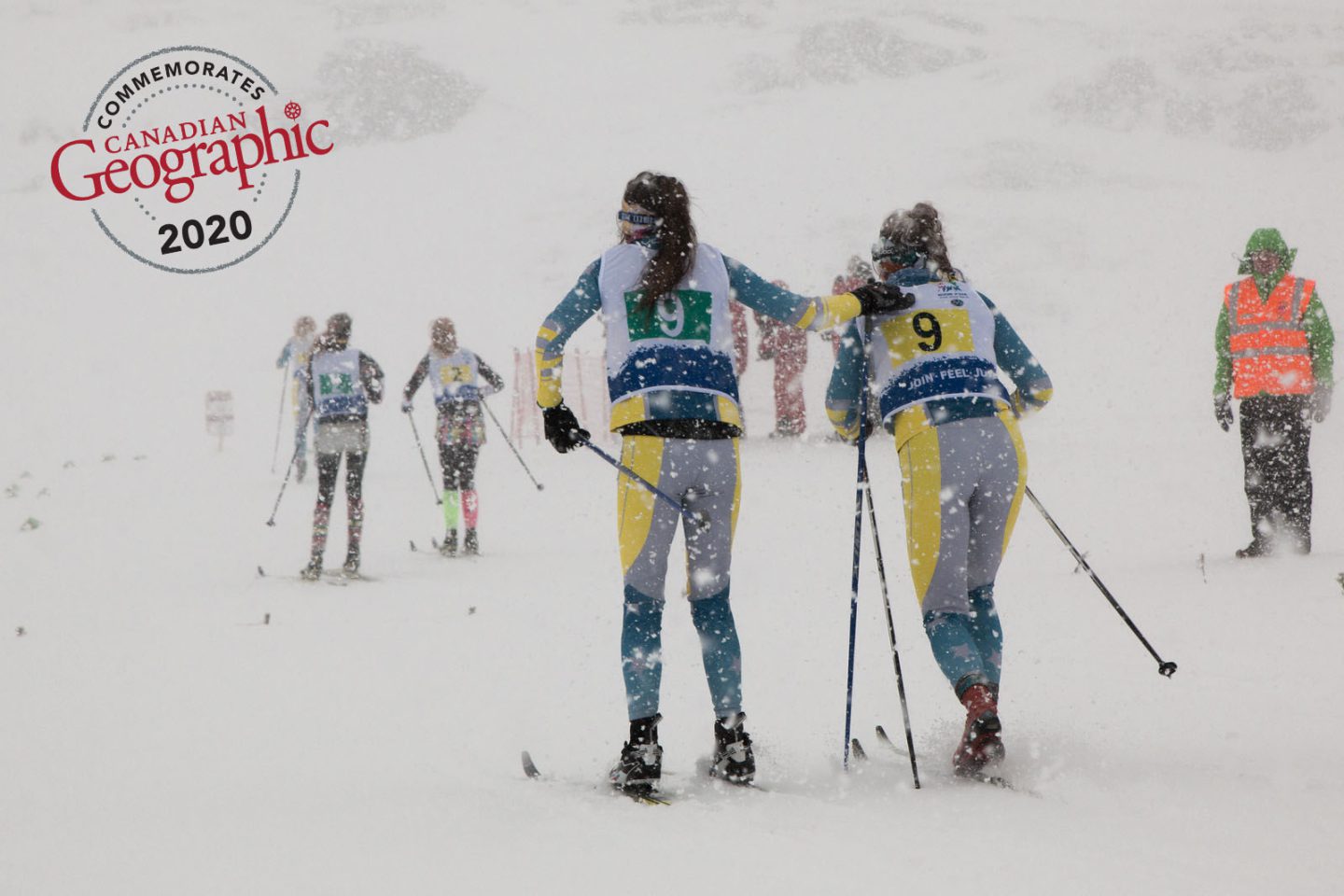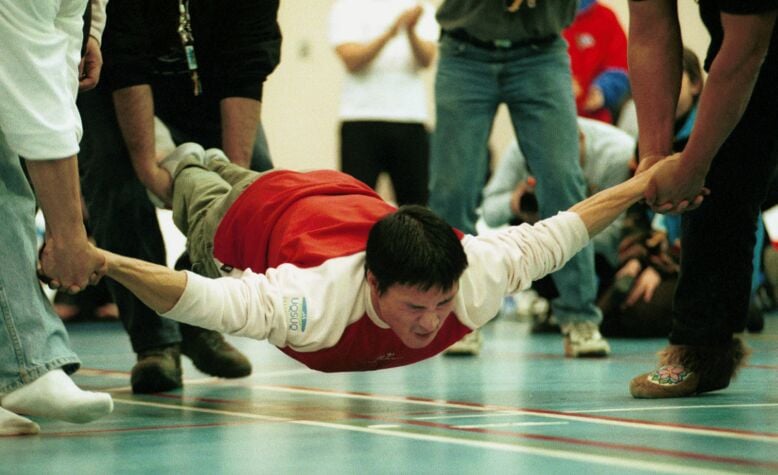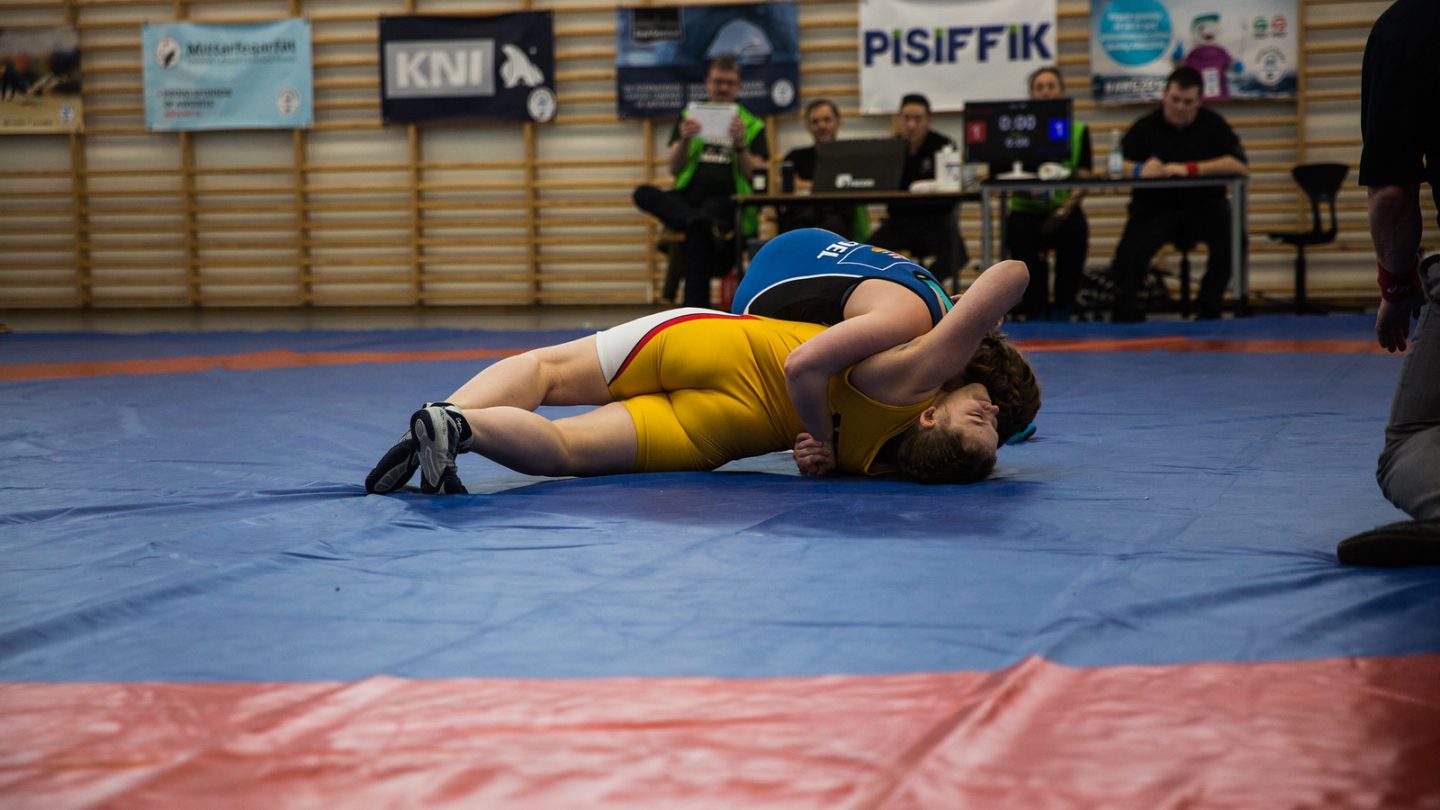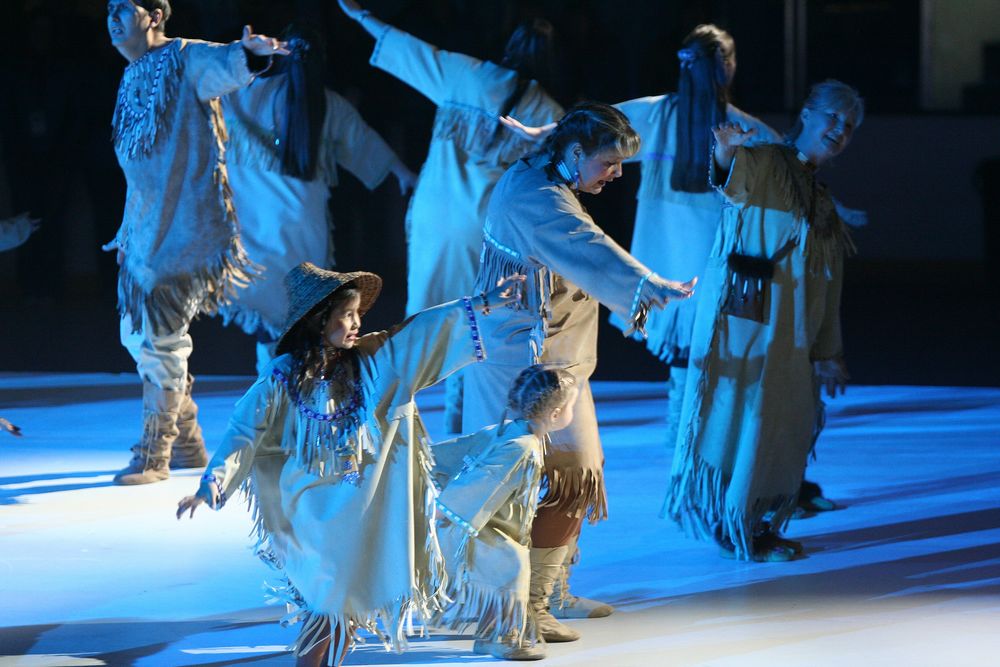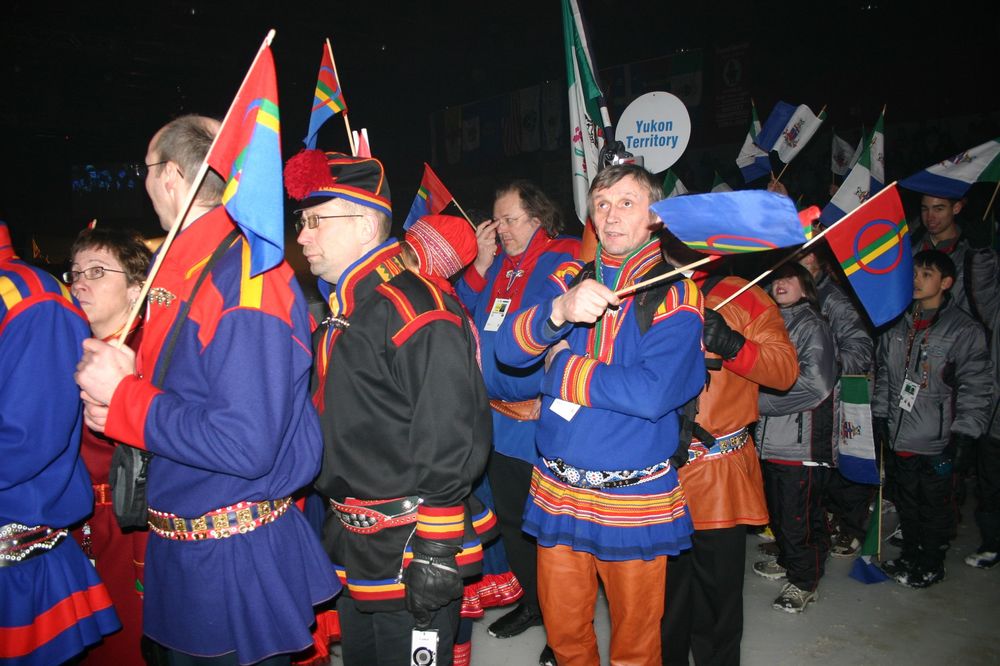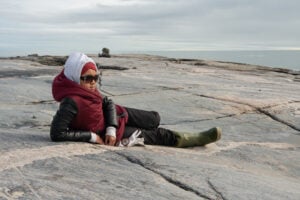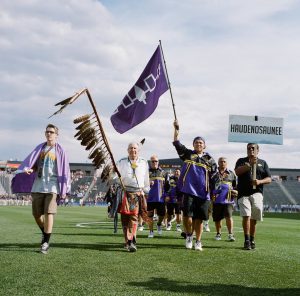
Mapping
Inside the intricate world of video game cartography
Maps have long played a critical role in video games, whether as the main user interface, a reference guide, or both. As games become more sophisticated, so too does the cartography that underpins them.
- 2569 words
- 11 minutes

